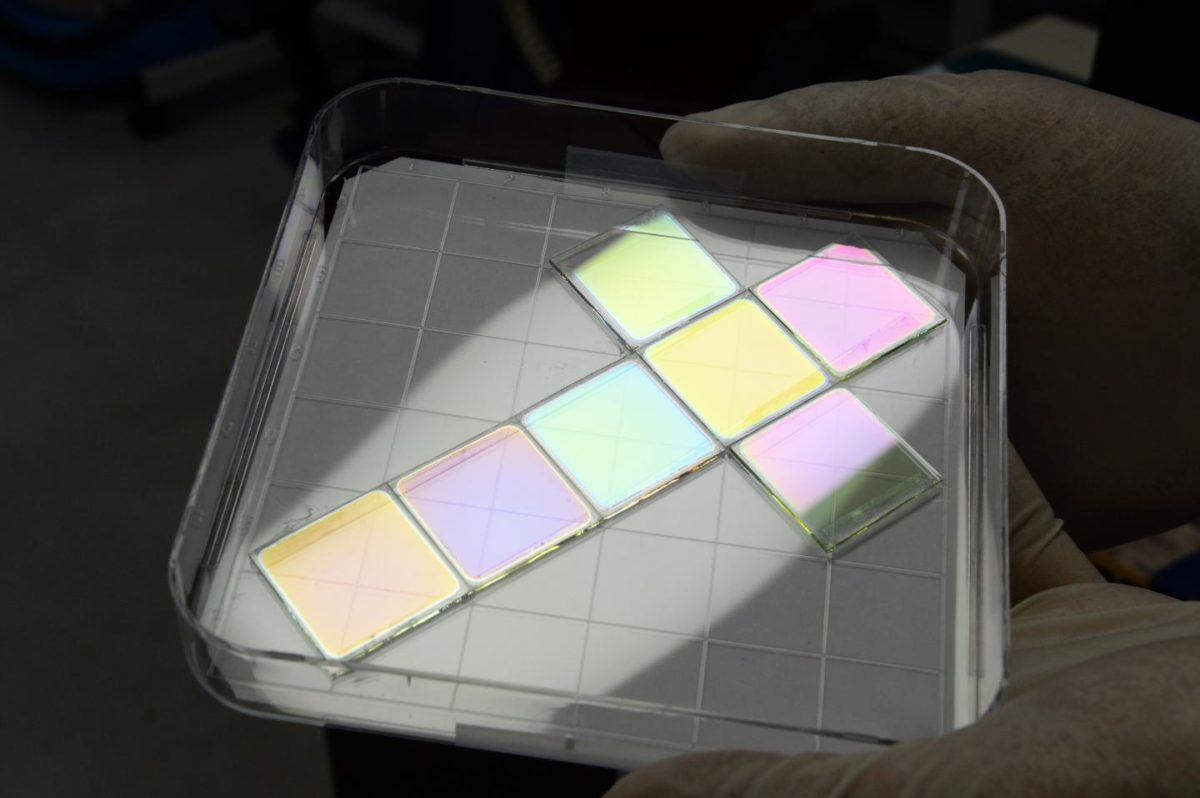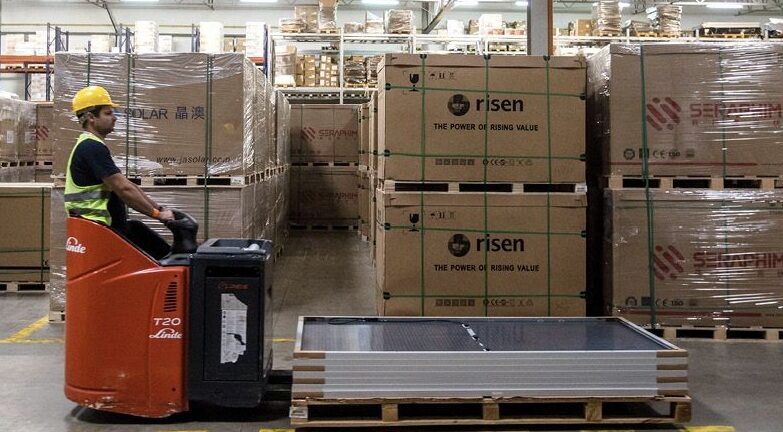Researchers from South Korea’s Electronics and Telecommunications Research Institute (ETRI) have developed a colored copper indium gallium selenide (CIGS) solar cell with an 18% conversion efficiency.
The new cell is purportedly more environmentally friendly, as its buffer layer is made of zinc instead of toxic cadmium sulfide (CdS), which is commonly used.
They manufactured the cell with the chemical bath deposition method (CBD), using different thiourea (TU) concentrations, the researchers said. CBD is a technique to produce films of solid inorganic, non-metallic materials on substrates by immersing the substrate in a precursor aqueous solution. Thiourea (TU) is a compound used in thin-film solar cells to achieve high-quality films in the film-deposition process.
“The solar cells showed a substantial increment in the performance after light soaking treatment,” the scientists said. “The performance increment was found to be in proportion to the TU mole concentration used in zinc layer deposition.”
They analyzed the results of the deposition process through X-ray photoemission spectroscopy (XPS) – the most widely used surface analysis technique to identify the elements that are present in a material. They found that a hollow band region was formed at the interface between the CIGS and CDB-zinc layers, which resulted in the suppression of electron-hole recombination and enhanced the cell efficiency.
The cell is available in seven different colors and can be coated on a flexible substrate or a glass substrate. “This means that they could be bent or folded, expanding applications as a next-generation eco-friendly energy source,” they explained.
They describe the cell in “Ultrafast wavelength-dependent carrier dynamics related to metastable defects in Cu(In,Ga)Se2 solar cells with chemically deposited Zn(O,S) buffer layer,” which was recently published in Nano Energy.
This content is protected by copyright and may not be reused. If you want to cooperate with us and would like to reuse some of our content, please contact: editors@pv-magazine.com.




By submitting this form you agree to pv magazine using your data for the purposes of publishing your comment.
Your personal data will only be disclosed or otherwise transmitted to third parties for the purposes of spam filtering or if this is necessary for technical maintenance of the website. Any other transfer to third parties will not take place unless this is justified on the basis of applicable data protection regulations or if pv magazine is legally obliged to do so.
You may revoke this consent at any time with effect for the future, in which case your personal data will be deleted immediately. Otherwise, your data will be deleted if pv magazine has processed your request or the purpose of data storage is fulfilled.
Further information on data privacy can be found in our Data Protection Policy.